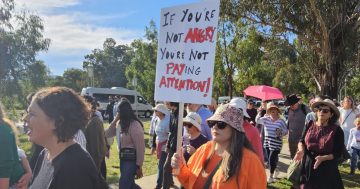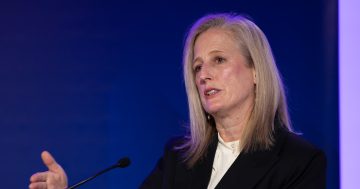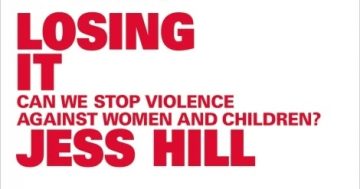Reviewed by Rama Gaind.
By Jennifer Robinson and Keina Yoshida, Allen & Unwin, $36.99.
 Two human rights lawyers – Jennifer Robinson and Keina Yoshida – are unparalleled in their qualifications to write about a movement made up of women and men around the world who are no longer afraid to speak out about violence, abuse, harassment, sexism, misuse of power and patriarchy.
Two human rights lawyers – Jennifer Robinson and Keina Yoshida – are unparalleled in their qualifications to write about a movement made up of women and men around the world who are no longer afraid to speak out about violence, abuse, harassment, sexism, misuse of power and patriarchy.
At the outset, the authors make a few disclaimers. This book “should not be taken as asserting the truth or as claiming to know the truth about the allegations of gender-based violence contained within its pages … this book isn’t really about the truth of any [of these] allegations: it is not an assessment of the evidence or a statement of facts.”
Instead, they raise the allegations to prompt discussion of a series of questions including what happens when women speak out about their alleged experience of gender-based violence and have we created a legal system that is just, fair and equitable?
It’s an authoritative and comprehensible evaluation of our legal systems. The lawyers break open the big judgments, developments and trends that have and continue to silence and disadvantage women. It exposes how the law silences women. Provided is a consummate and crucial assessment of the legal response to the MeToo movement in Australia and around the world.
If women cannot speak about their abuse – and journalists are fearful of telling their stories – then how can we understand the problem of gender-based violence in our society? If that’s the case, then how can we even begin to end it?
Robinson and Yoshida examine the laws around the globe that silence women, and explore the changes we need to make to ensure that women’s freedoms are no longer threatened by the legal system that is supposed to protect them.
We are in a crucial moment: women are breaking through the cultural reticence to speak out. However, as they have grown empowered to speak, a new form of systematic silencing has become more evident: the spike in survivors speaking out has been followed by a spike in legal actions against them and the media.











